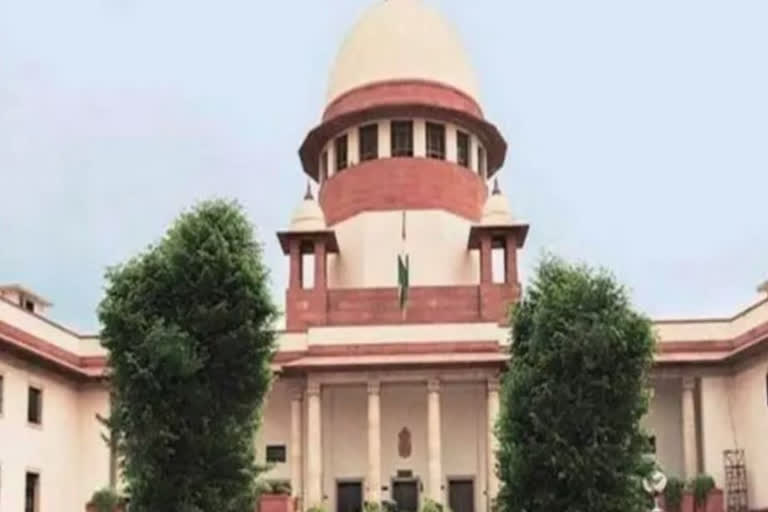New Delhi: Fake currency, terror financing and black money are three evils and are like 'Jarasandha' (an antagonist in Mahabharat) and should be cut into pieces, the Centre told the Supreme Court on Monday while opposing the pleas challenging the 2016 demonetisation exercise. Attorney General R Venkataramani, appearing for the Centre, submitted before a five-judge Constitution bench headed by Justice S A Nazeer that the government is duty bound to address the three evils.
"They (petitioners) have said we should have conducted studies before demonetisation. For more than a decade, central government and the Reserve Bank of India have been looking at the three problems (fake currency, terror financing, black money)... They are like Jarasandha. You have to cut it into pieces. If you don't cut it into pieces, it will always be alive," he said.
Venkataramani said judicial review of an economic policy may be restricted to where the court may only determine if there is a rational nexus with the object sought to be achieved through the means. "Any other test would impinge on the freedom of legislature. Should the government keep aside all its considerations and only look at evils sought to be curtailed. The balance will be the real test," Venkataramani told the bench, also comprising Justices B R Gavai, A S Bopanna, V Ramasubramanian, and B V Nagarathna.
The AG submitted that an argument has been raised that the notification on demonetisation has failed to achieve the objectives. "This is not a ground on which a law will be struck down. Every minute of governance sets targets. Even the five-year plan has targets. Over a period of time, some targets are met while some are not. Does the target become bad only for this reason? he said.
The top law officer stated that executive policy are given effect with goals and this does not preclude the possibility that some objectives may not be achieved to the fullest or there may be something left to be desired in their implementation.
